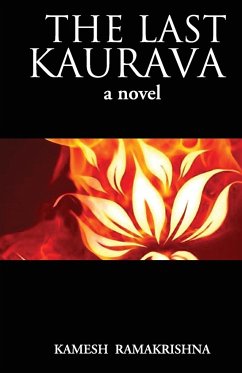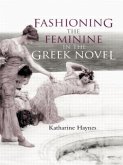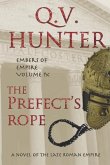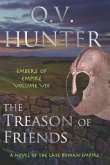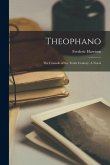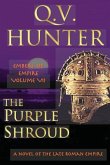"I am Amba." The voice rang in Devavrat's ear like a forgotten melody. ... Ancient memories from lost time veered in and out of focus. The memories came with flooding questions. How could it be Amba? What was she doing, here and now? ...I must see her. He tried to turn. The stub of an arrow, sticking under his left shoulder, made him pause with every move, however slight. Devavrat Bhishma is dying, wounded. He tells Yudhishthira the story of how the Kurus established Hastinapur as a trading outpost on the frontier of Panchnad. The river Sarasvati dried up creating a crisis for Panchnad as cities were abandoned and immigrants poured into Hastinapur looking for safety and support. The Kurus under Devavrat address the crisis with social policy. The success comes at a cost to Devavrat's personal life. Devavrat's narration becomes part of the epic poem of the Great War. The story survives, memorised as oral history by the Kavi Sangha, the guild of bards. A thousand years later, the story is written down by Vyaasa, the head of the Kavi Sangha, with help from many others. "No Indian ever hears the [epics] for the first time ... It requires great courage, therefore to re-imagine [the Great War] as the author has done. He captures the reader's attention from the start, with a sense of theatre, making the characters tangible and even more complex than in the original. ....The book ... conveys the high tension of the immediate." -- S. Anandalakshmy, Ph.D. President Bala Mandir Research Foundation Former Director Lady Irwin College, Delhi.
Hinweis: Dieser Artikel kann nur an eine deutsche Lieferadresse ausgeliefert werden.
Hinweis: Dieser Artikel kann nur an eine deutsche Lieferadresse ausgeliefert werden.

